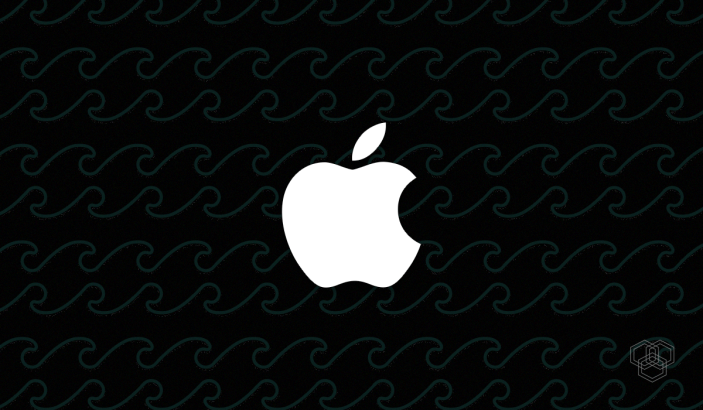Apple has finally settled to pay for what it still considers as something that was for its consumers’ benefit. More than 30 states got together and decided to give the final blow to the tech giant for deliberately slowing down the batteries of its older iPhones.
The lead attorney from Arizona on the case, Mark Brnovich, gave a statement saying:
“Big Tech must stop manipulating consumers and tell them the whole truth about their practices and products,”
“I’m committed to holding these goliath technology companies to account if they conceal the truth from their users.”
AG Kaul, the attorney who announced the news, quoted:
“Companies cannot deceive consumers by covering up problems with their products,
“With this agreement, Apple is being held accountable for throttling iPhone speeds to hide battery issues.”
Majority of the attorneys on the case, as well as the consumers, believe this to be a manipulative scheme to trick people into buying newer and much more expensive iPhones. It looks like they are not wrong after all since the fourth quarter report earnings report a fortune of $26.4 billion from just the iPhones.
The battery-gate case
Back in 2017, iPhone users experienced a significant decrease in the phone’s performance. Many people report the issue to Apple, but nobody from the company followed up. The sloppy iPhones sparked controversy, and the news did not go unnoticed. Finally, in December of the same year, the company admitted that it did slow down iPhones that were using older batteries. While many people saw it as a manipulative scheme of the company to make users buy a new version of iPhones, Apple gave a totally different explanation. It said that the reason as to why these iPhones were slowed down was to prevent the sudden shut down of the iPhone, a problem which may arise if the older battery draws up more power than it can handle (Note: this issue was experienced by iPhone 7 and 7 Plus users).
The company stated on its support page:
“All rechargeable batteries are consumables and have a limited lifespan — eventually their capacity and performance decline so that they need to be replaced. As batteries age, it can contribute to changes in iPhone performance. We created this information for those who would like to learn more.”
In the company’s defense, it was actually a workable plan which could be extended to other older versions of the iPhones as well. The explanation further stated that Lithium batteries have a limited life. Since many of the company’s products come with a built-in battery, we all know where that is going to lead us. The press release was lengthy and talked about things not many would understand. So the statement was sold to the majority of the customers without much cross-questioning.
The company managed to swipe the case under the rug for the time being by offering new batteries at a reduced cost to the consumers. And as expected, a significant increase in the iPhone’s performance was seen with the battery replacement. Moreover, the firm also agreed to give a $25 refund to the iPhone 7 and 7 Plus (running on iOS 11.2 or later) users for a limited time.
Even at that time, the company was facing more than eight such cases, that too only in the US. Not to mention the ongoing cases in Israel and France at that time. No wonder Apple’s CEO, Tim Cook, was advised to use a private jet to travel “in the interests of security and efficiency.” It was safe to assume that the company had to act in order to save itself from further scrutiny.
The lawsuits fined back then are finally reaching the much-awaited conclusion this year. At the beginning of this year, Apple agreed to pay $500 million as a settlement for the battery-gate issue. Further, the fine of $25 million from France also gave a much-needed wake-up call to this multinational company.
Its significance
Several lawsuits followed by the company’s settlement to pay the whopping fine of millions of dollars has sure made it clear that people are not so blinded by the facilities of technology that they would easily let go of the heinous tactics by the tech firms. Lack of transparency in the tech companies’ policies can be havoc for the users as well as the companies themselves in the longer run.
Although the company still has not completely admitted to its wrongdoing and has managed to pretend to recover from the infamous cases, the fact that nothing of it has gone unnoticed or unaccounted for sends a message of greater transparency to other tech firms, as Brnovich has put it:
“Googles of the world that, whether [it’s] a Republican or Democratic attorney general, we’re taking these issues very, very seriously. It doesn’t matter if there’s a change in administration — people are going to be held accountable, state attorneys general are going to continue to lead the way.”





Share Your Thoughts